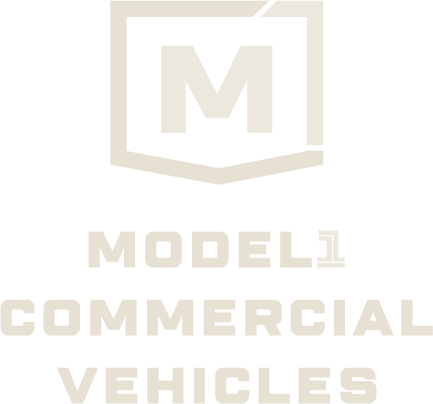Miscellaneous
Frequently Asked Questions About Electric Buses

Electric buses are growing in popularity due to their unique benefits for operators, passengers, and the environment. Keep reading to discover answers to the most common questions about electric buses, then explore the electric buses for sale through Model 1. We are the nation’s largest bus dealer and offer a range of models.
How Does an Electric Bus Work?
An electric bus has an unconventional design. An electric motor replaces the standard engine and transmission. A battery replaces the standard fuel tank.
When an electric bus starts up, a signal goes to the powertrain system controller. The signal powers the battery, which is storing chemical energy, and turns that energy into electrical energy. This electrical energy is then moved throughout the various parts to make the bus move.
How Do Electric Buses Charge?
The main way of charging an electric bus is using plug-in chargers, which is similar to the approach used for electric cars. The operator plugs the charger into a port on the electric bus. Typically, it takes about six hours to get a complete charge.
How Long Will an Electric Bus Operate on One Charge?
The distance an electric bus can travel on a single charge is influenced by many factors.
First, the given model design. Larger batteries, for example, can store more energy and travel for greater distances on a single charge.
Second, the specifics of the route. The number of starts and stops, the acceleration rate, the elevation changes, and the weight being transported can all affect the range of an electric bus.
Third, the weather conditions. Bad weather and road conditions can also impact the range.
The range for electric buses can vary, but Model 1 is proud to offer electric bus range options from 40 to 220 miles on a single charge.
How Does the Cost of an Electric Bus Compare to a Conventional Bus?
The Initial Expense
The cost of buying an electric bus tends to be higher than a conventional bus. However, continued advancements in the manufacturing process of electric buses is helping to make the vehicles increasingly affordable. There are also incentive programs available to buyers that can make an electric bus cost the same as a conventional bus.
Long-Term Expenses
In the long run, an electric bus will cost less money than a conventional bus.
The cost per mile of “fueling” an electric bus is about 1/3 of the cost per mile of conventional buses. Operators will save significant amounts of money on fuel throughout the lifespan of the bus.
Electric buses also have much lower maintenance costs. Operators will spend less money on repairs, parts replacements, and service department visits.
Ready to shop electric buses for sale? Check out the selection offered by Model 1. As the nation’s largest bus dealer, we can help you find the best model for your needs. Reach out today!

